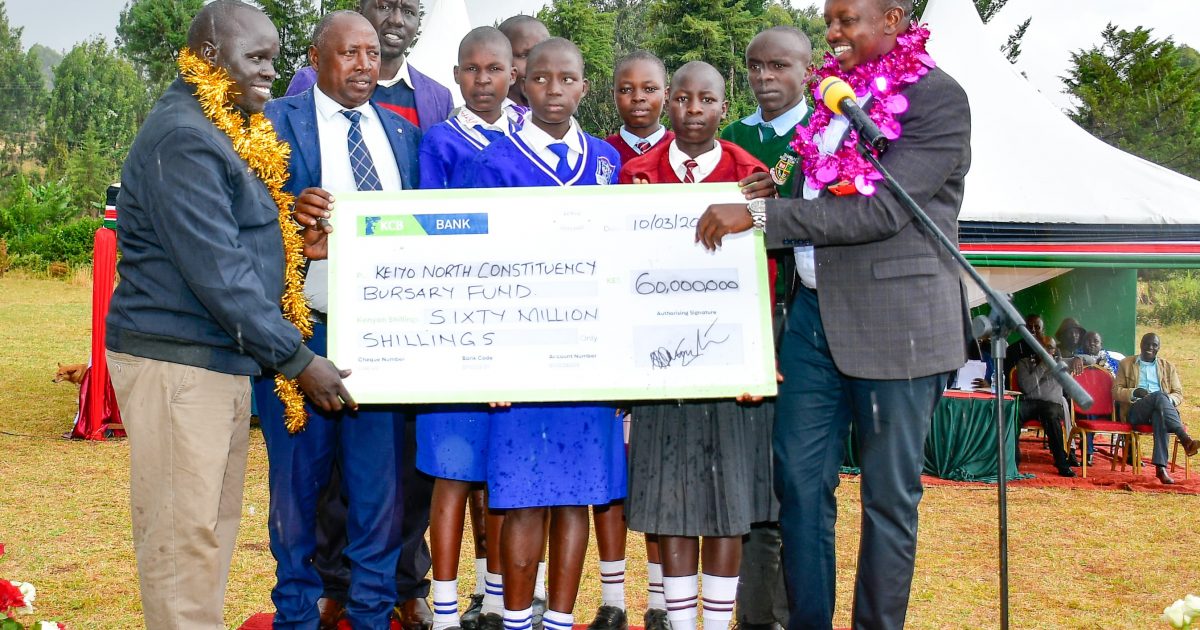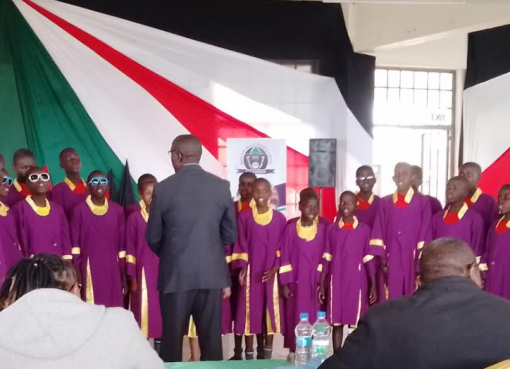Students in Keiyo North Sub-County have received a major boost after the local National Government Constituencies Development Fund (NG-CDF) launched a Sh60 million bursary to support their education.
Speaking during the launch at Kessup Secondary School, Keiyo North Member of Parliament Adams Kipsanai emphasized that the bursary will cater to students in both secondary schools and tertiary institutions including universities.
“We are here today to officially launch the bursary program, which will see Sh 60 million disbursed to support our students. This initiative is aimed at ensuring that no child is forced to drop out of school due to financial constraints,” said Kipsanai.
The MP assured parents and students that the funds would be distributed efficiently, with Kenya Commercial Bank (KCB) handling the transactions.
“For the first time, we have partnered with a local financing institution (KCB), so that the cheques are processed immediately and deposited directly into school accounts. This means that by the end of today, all schools within the sub-county will have received their funds,” he explained.
For students learning outside the constituency, the MP noted that their bursary allocations would be sent through courier services immediately, while ensuring that no student is left behind.
In addition to bursaries, Kipsanai highlighted that the constituency also runs a scholarship program, which currently fully supports 37 university students and 500 tertiary students, most of them at Kipsoen Polytechnic
“Beyond bursaries, we have a scholarship program that caters to students in universities and vocational training institutions like Kipsoen Polytechnic. Our goal is to uplift our community by ensuring access to quality education,” he added.
Parents who attended the launch expressed their gratitude, saying the bursary would ease the financial burden of school fees.
Meanwhile, the MP has reiterated importance of the NG-CDF in addressing education challenges, noting that the kitty plays a crucial role in solving community problems and improving livelihoods of the people.
By Rennish Okong’o and Joan Jelimo





